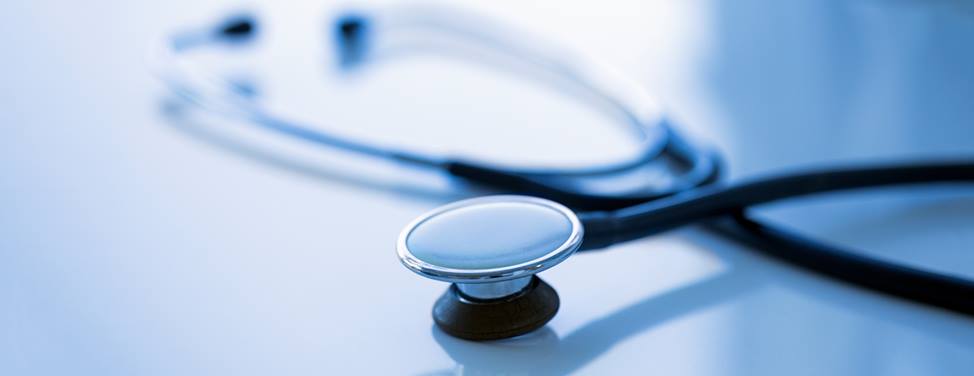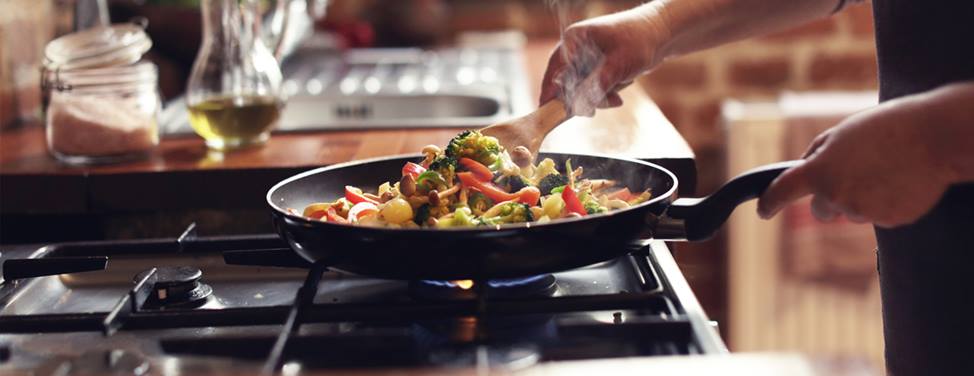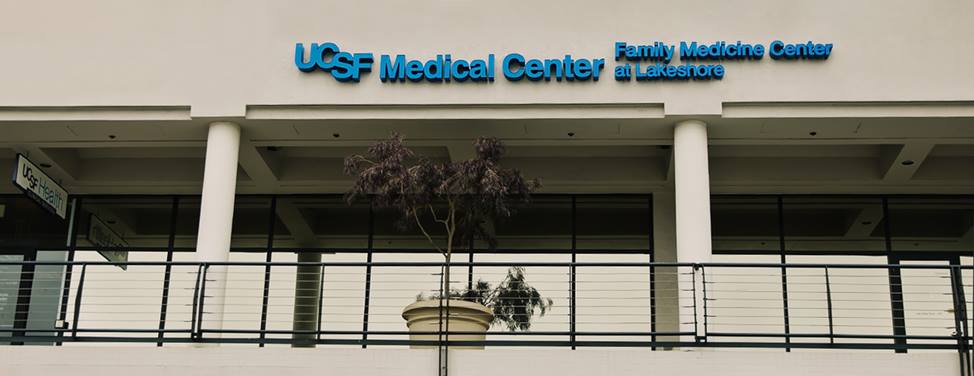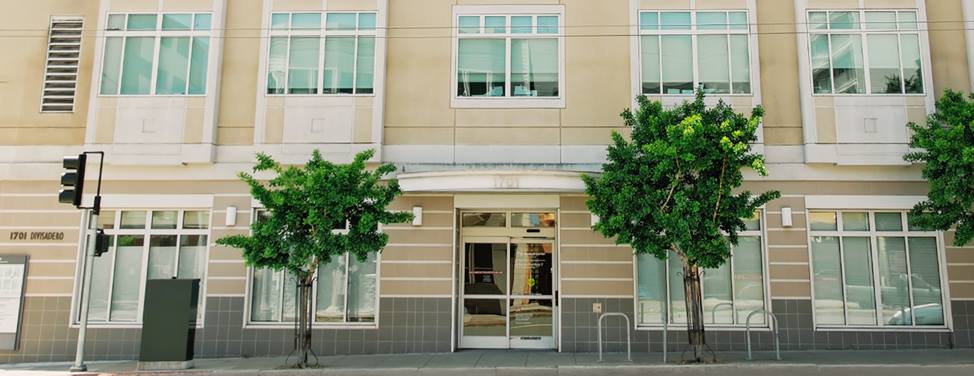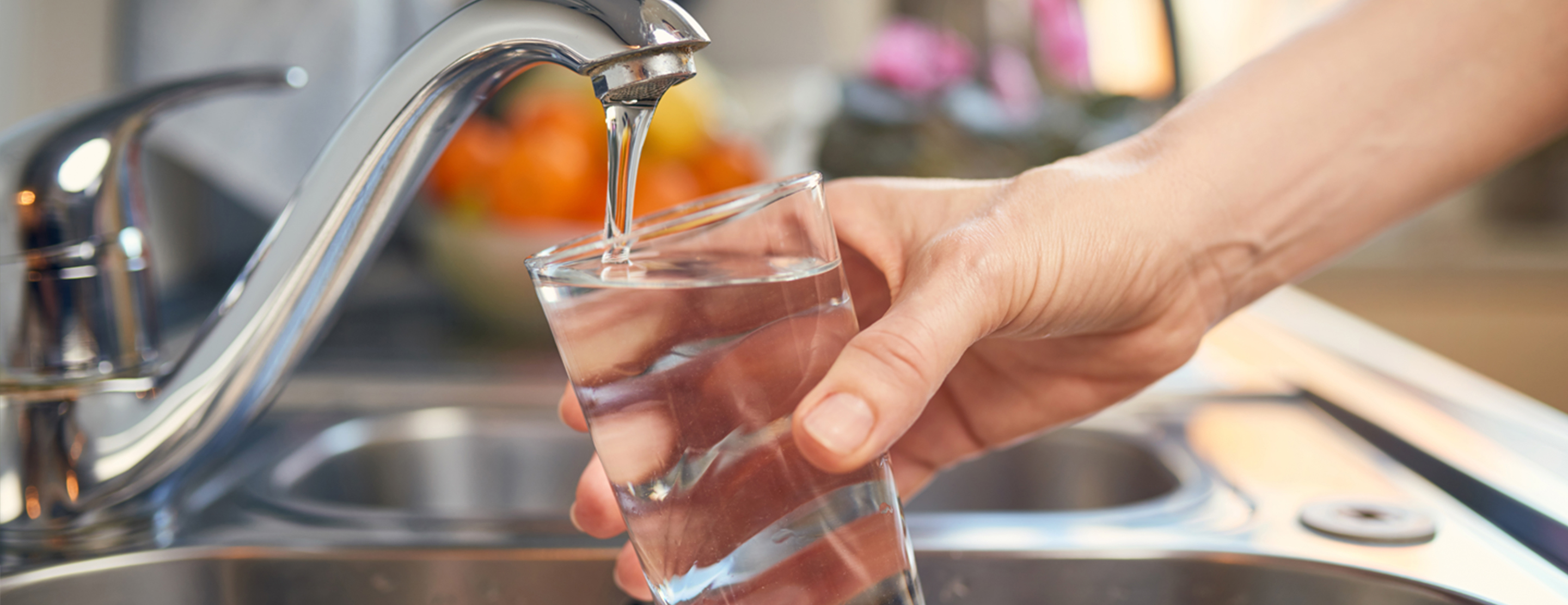
Nutrition Tips For Controlling Diarrhea
There are several reasons why diarrhea may occur. It may be due to infections, medications or treatments. The degree to which dietary changes help will depend upon the cause and severity of the problem.
Helpful Hints for Controlling Diarrhea
- Individuals vary in their tolerance to foods. Avoid foods that cause cramping, gas or diarrhea.
- If you have cramps, avoid foods that may produce gas such as carbonated drinks, beer, beans, cabbage, broccoli, cauliflower, highly spiced foods and chewing gum.
- Foods at room temperature may be better tolerated than hot or cold foods.
- Diarrhea can lead to dehydration associated with loss of minerals. Replace fluid and minerals with liquids such as water, broth, fruit juices, sports beverages and popsicles.
- Potassium is an important element for your body. It may be lost in large quantities through diarrhea. If you don't have enough potassium, you may feel weak. When you have diarrhea, eat some foods high in potassium, such as ripe bananas, apricot or peach nectar, potatoes, fish and meat.
- Drink fluids between meals.
- Eat small amounts of food frequently.
- Fatty foods such as fried foods, sauces, gravies and salad dressings and highly spiced foods may not be well tolerated. Cutting down on these foods may help control diarrhea.
- Avoid foods or juices that have a laxative effect such as prunes and prune juice.
- If you don't drink milk regularly, avoid milk when you have diarrhea.
- Use well-cooked, tender meats such as tender cuts of baked, broiled, creamed or roasted beef, lamb, liver and pork as well as chicken, fish, crisp bacon and smooth peanut butter.
UCSF Health medical specialists have reviewed this information. It is for educational purposes only and is not intended to replace the advice of your doctor or other health care provider. We encourage you to discuss any questions or concerns you may have with your provider.






